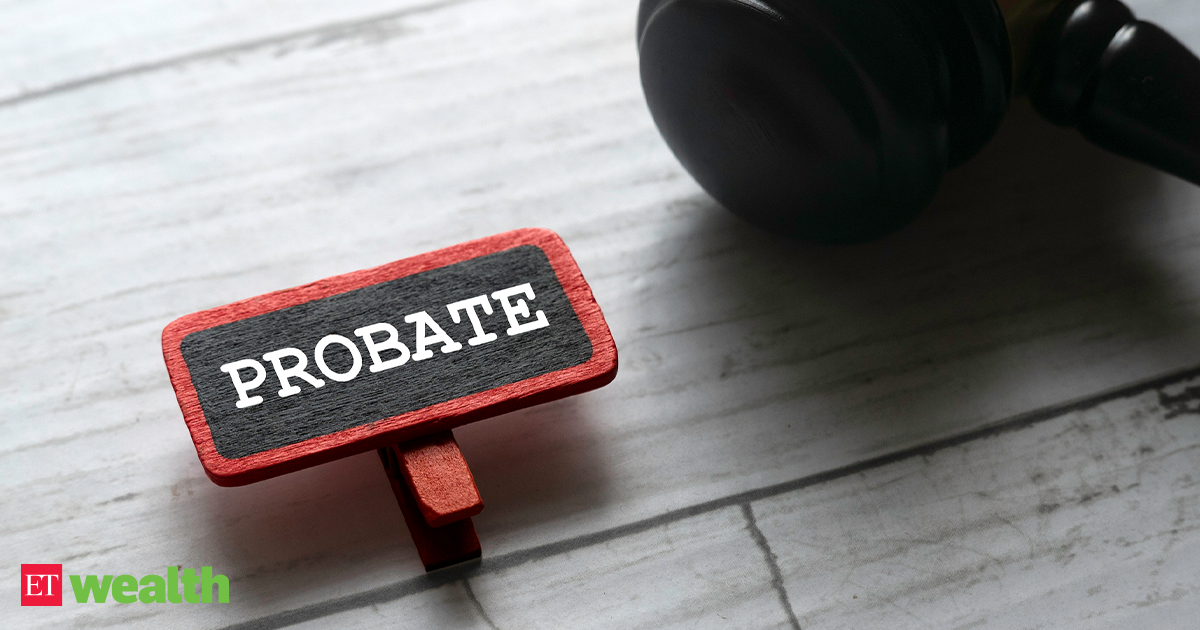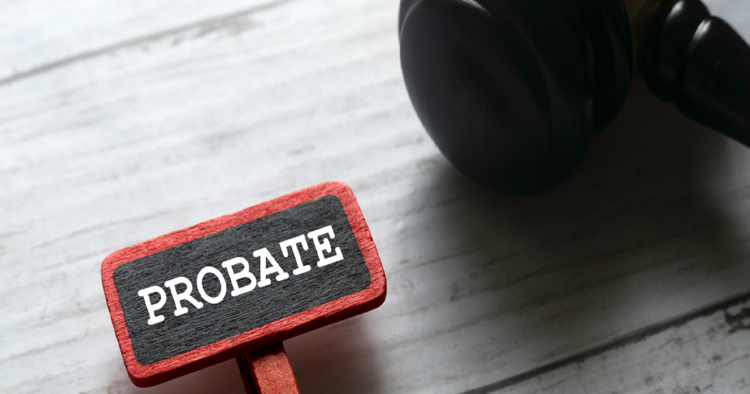
I want to make a will, bequeathing my assets to my wife when I die. After her death, the assets will pass on to our two children. Is it mandatory for my children to get a probate? Will naming an executor make it easier for my heirs?
Rajat Datta, Founder, Inheritance Needs Services:
If a death wish is attached with the death certificate of the testator, it assumes the stature of a will (testamentary document). After your death, your wife will become the rightful owner as per your will. Her assets, including the ones bequeathed by you, will become her self-owned assets. Hence, she has the option to sell assets or gift these. She can also will these to anyone, not necessarily her children. Just stating that ‘after her death, the assets will pass on to our two children’ will not be legally valid. Such statements can get categorised under the interpretation of conditional wills, which could be treated as void ab initio (void from the beginning). Probate is the process of validating the genuineness of a will in terms of it being the last will signed by the testator, and also as a valid document for wealth distribution not made under coercion, duress or by an incapacitated testator. A competent court of jurisdiction determines the authenticity of will, and after being satisfied, endorses it through a probate order. As per Section 57, read with Section 213 of the Indian Succession Act, 1925, no right as executor or legatee can be established in any court, unless a court of competent jurisdiction in India has granted probate of will, under which the right is claimed, or has granted letters of administration with the will. A probate is mandatory if the testator bequeaths assets in Mumbai, Chennai or Kolkata.My husband and I are senior citizens. We have jointly owned a self-occupied flat in Mumbai since March 2002. In the agreement and share certificate, I am the first holder and my husband is second. I have not contributed any money to the purchase of this flat. Since I have been a homemaker throughout, I have not filed any income-tax returns in the past. We plan to sell this flat soon and buy another in a smaller city. There will be long-term capital gains. I don’t want to start filing tax returns at this age, but my husband is ready to pay taxes for this transaction. If I give the sales proceeds to my husband via a gift deed, can I avoid filing the returns?
Amit Maheshwari, Partner, AKM Global:
You have mentioned that the entire payment for the jointly owned house was made by your husband and that the sale of the flat would result in long-term capital gains. Generally, in such an event, the tax on gains from the sale of the property has to be borne by co-owners in the ratio of their ownership. However, since no payment was made by you at the time of purchase of the property, the gains on sale of this property would be taxable in the hands of your husband. Including the name of one person in the property deed would not make such a person the owner of the property for tax purposes, and any income from the sale of such property shall not be taxable in the hands of such a person. Hence, the entire long-term capital gain would be subject to tax in the hands of your husband.Ask our experts
Have a question for the experts? etwealth@timesgroup.com
Source Link













